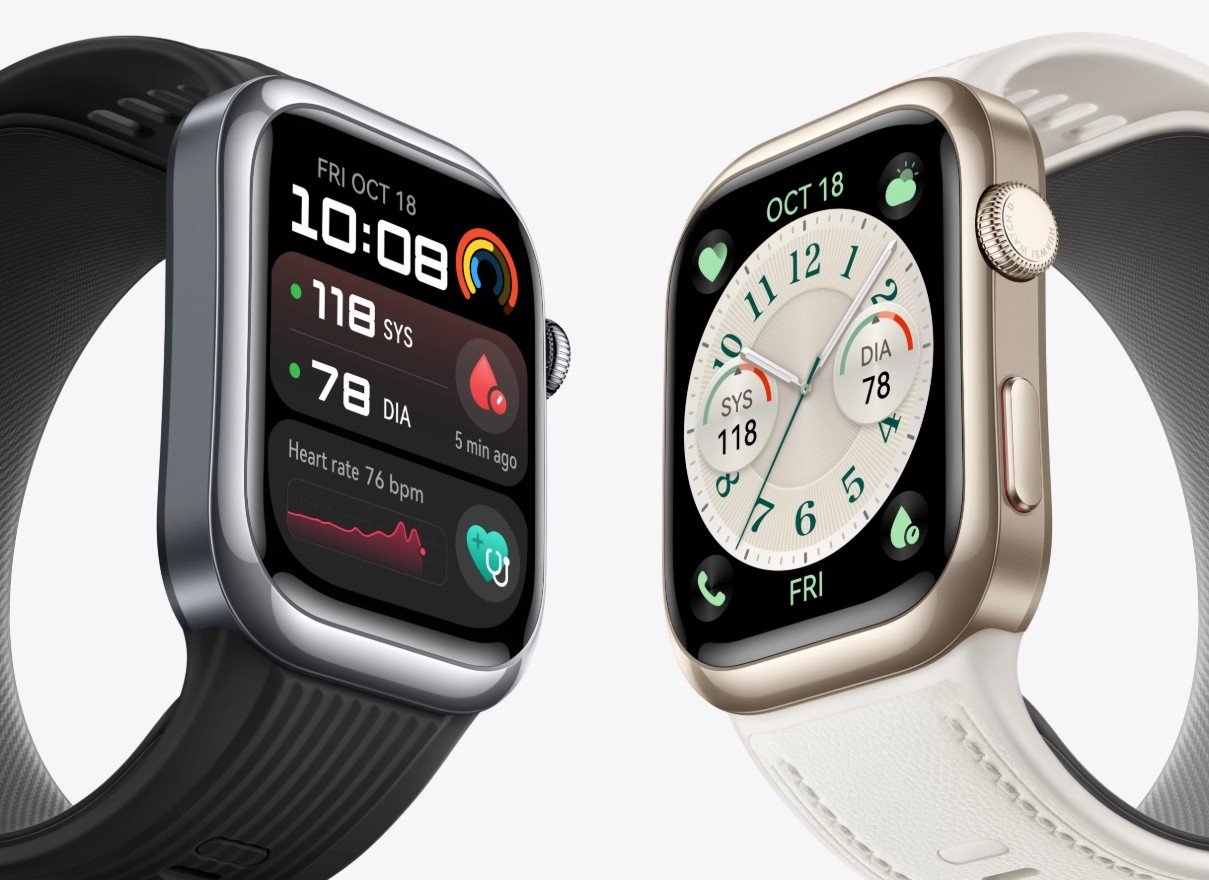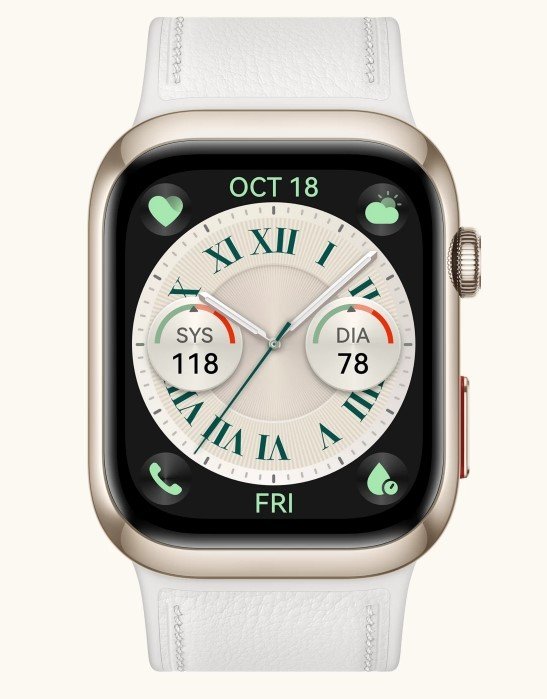
The Role of Medication in Senior Heart Health: What to Know
Heart health in seniors is significantly influenced by medication. As we age, the likelihood of developing cardiovascular issues increases, making it essential to understand the role of various medications. This blog will provide a detailed overview of how medications impact senior heart health, the common types of medications used, tips for managing medication safely, and how lifestyle changes can complement these medications.
How Do Medications Impact Senior Heart Health?
The importance of heart medications for aging adults
Heart medications play a vital role in maintaining the health of aging adults. They are designed to manage and control conditions like hypertension, hyperlipidemia, and arrhythmias, which can lead to severe cardiovascular events if left unchecked. By adhering to prescribed medication regimens, seniors can significantly reduce their risk of heart attacks and strokes, leading to enhanced quality of life and longevity.
How medications can prevent heart disease progression
Medications for heart disease work by targeting specific aspects of cardiovascular health. For instance, blood pressure medications reduce the strain on heart vessels, while cholesterol-lowering drugs prevent plaque buildup in arteries. These actions slow the progression of heart disease, improve overall cardiovascular function, and decrease the likelihood of future complications.
Risks of improper medication use in seniors
Improper use of medication in seniors can lead to serious health risks, including adverse drug interactions, overmedication, or underdosing. These issues can exacerbate heart conditions or create new health problems. Therefore, seniors and their caregivers must follow healthcare providers’ instructions carefully and regularly review medications to ensure their safe and effective use.
What Are the Most Common Medications for Senior Heart Health?
Blood pressure medications
Blood pressure medications, such as ACE inhibitors, beta-blockers, and diuretics, help manage hypertension, a common condition in seniors. These medications work by relaxing blood vessels, reducing the volume of blood, or decreasing the heart rate, thereby lowering blood pressure and reducing the heart’s workload.
Cholesterol-lowering drugs
Cholesterol-lowering drugs, including statins and fibrates, are prescribed to manage high levels of cholesterol, which contribute to atherosclerosis. By lowering LDL (bad cholesterol) and sometimes raising HDL (good cholesterol), these medications help reduce the risk of heart attacks and strokes.
Anticoagulants and their role in preventing heart attacks
Anticoagulants, such as warfarin and newer agents like dabigatran, are used to prevent the formation of blood clots that can lead to heart attacks or strokes. They work by inhibiting factors in the blood clotting process, which is crucial for those with atrial fibrillation or after certain cardiovascular procedures.
How Can Seniors Safely Manage Heart Medication?
Establishing a medication schedule and routine
Creating a consistent medication schedule is essential for effective heart disease management. Seniors should use pill organizers, set reminders, or leverage technology like medication management apps to ensure timely and accurate dosing. Consistency helps maintain therapeutic levels of medication in the body, optimizing its effectiveness.
Monitoring side effects and interactions with other drugs
Monitoring for side effects and drug interactions is vital. Seniors should keep a log of any new symptoms and communicate with their healthcare provider. Regular review of medications, possibly with the use of wearable technology such as the Huawei Watch D2, which offers real-time health data, can help manage and identify potential issues early on.

The role of healthcare professionals in medication management
Healthcare professionals play a critical role in managing medications for seniors. Regular check-ups, clear communication, and following medical advice are essential. Pharmacists can also provide valuable insights into potential drug interactions or side effects, ensuring that the medication regimen is both safe and effective.
Can Lifestyle Changes Complement Heart Medications for Seniors?
H3: How diet affects heart health alongside medications
Diet has a profound impact on heart health and can enhance the effectiveness of medications. Seniors should aim for a balanced diet rich in fruits, vegetables, lean proteins, and whole grains while limiting sodium, trans fats, and sugar. This dietary approach supports overall cardiovascular health, providing a synergistic effect with prescribed medications.
Exercise and heart health: the synergy with medications
Exercise is a powerful complement to heart medications. Regular physical activity, such as walking, swimming, or yoga, helps strengthen the heart, reduce blood pressure, and improve cholesterol levels. When combined with medications, exercise enhances overall cardiovascular health and helps mitigate the effects of aging on the heart.
Stress management and its impact on heart disease
Managing stress is crucial for heart health. Chronic stress can increase the risk of heart disease by raising blood pressure and cortisol levels. Techniques such as mindfulness meditation, deep breathing exercises, and hobbies can help reduce stress. The HUAWEI WATCH D2, with its guided meditations and stress-monitoring features, is an excellent tool for maintaining a balanced stress level.
Conclusion
Medication plays an essential role in managing heart health in seniors. Understanding the types, benefits, and proper use of heart medications can significantly impact the quality of life. Coupled with lifestyle changes such as a balanced diet, regular exercise, and stress management, medication can help seniors maintain optimal cardiovascular health. Regular consultations with healthcare providers ensure that medications are used safely and effectively, reducing risks and enhancing overall well-being.




